
Conferences
Advertisement
Dr. Kimura shares insights on PSMA PET/CT metrics and their potential role in guiding treatment decisions for mCRPC.
Professor Bex discusses the phase II NEOAVAX trial that evaluated avelumab/axitinib as neoadjuvant therapy in localized RCC.
Samer Srour, MB, talks about the updated ALLO-316 and its use in targeting CD70 in patients with advanced ccRCC.
Dr. Flavell discusses how landmark studies have shaped current trial designs, and growing interest in combination therapies.
Dr. Flavell highlights the expansion of lutetium PSMA therapies into earlier disease settings: HSPC and oligometastatic PC.
Preliminary trial data suggests that 18F-DCFPyL PSMA PET/CT combined with mpMRI may improve csPCA detection over MRI alone.
Quantitative analysis outperformed visual analysis in the prediction of outcomes for patients undergoing Lu-PSMA therapy.
New research explores the prognostic potential of LuPSMA-SPECT/CT with RECIP 1.0 in patients with advanced prostate cancer.
Researchers investigated the use of PSMA PET-CT to determine treatment options for patients with biochemical failure in PC.
18F-fluciclovine PET detected disease in more than half of the study’s patients with BCR and negative PSMA PET results.
Researchers investigated the efficacy of platinum plus 5-FU in the treatment of patients with high-risk penile cancer.
Dr. Attard explores how the study's results compare with prior data in the metastatic castration-resistant setting.
Avelumab plus sacituzumab govitecan may improve PFS in patients with advanced bladder cancer.
At 12 months, the OS rate for patients who received treatment with ipilimumab plus nivolumab was superior to SOC.
The Two Onc Docs review QOL related to doublet ADT with darolutamide, niraparib with abiraterone for mCSPC, and more.
The Two Onc Docs review the 5-year follow-up data on adjuvant pembro and a final analysis on ipi/nivo for metastatic disease.
The Two Onc Docs weigh IO for BCG-refractory NMIBC, ctDNA monitoring for patients receiving gem/cis for MIBC, and more.
Dr. Machaalani highlights his study that evaluated the association between circulating KIM-1 and mRCC tumor biology.
Dr. James showcases an MMAI model to identify benefit from 2nd-generation ARPIs in hr/nm PCa patients from STAMPEDE.
Drs. Necchi and Tawagi break down in detail the first results of SURE-02 in patients with muscle-invasive bladder cancer.

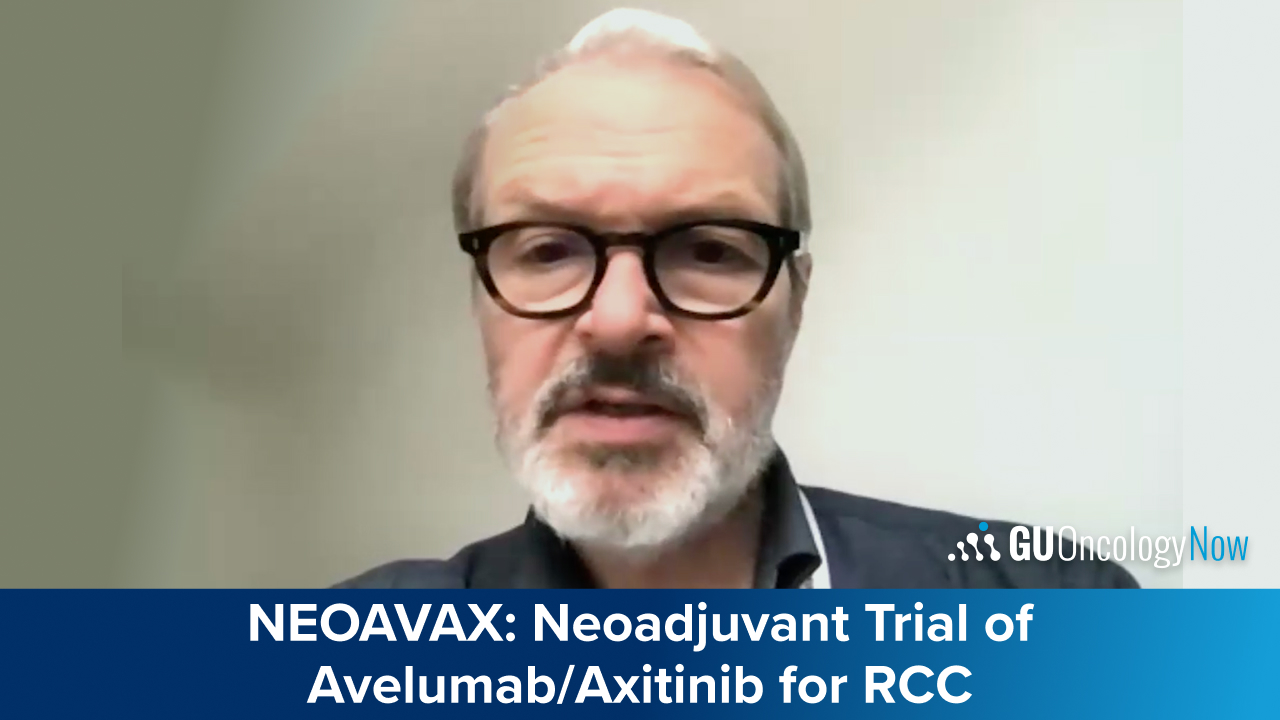



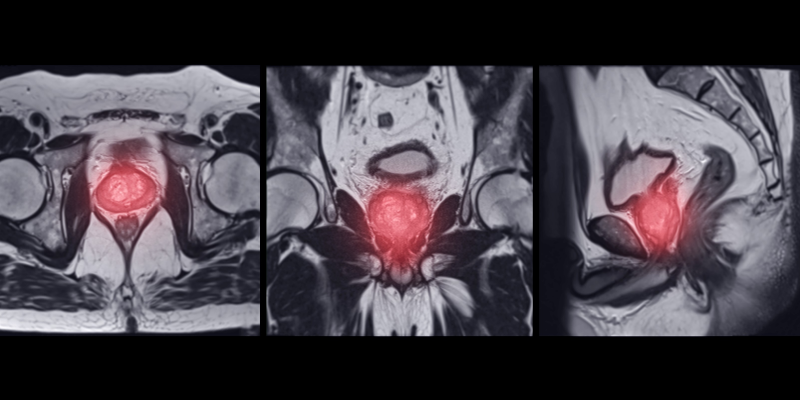
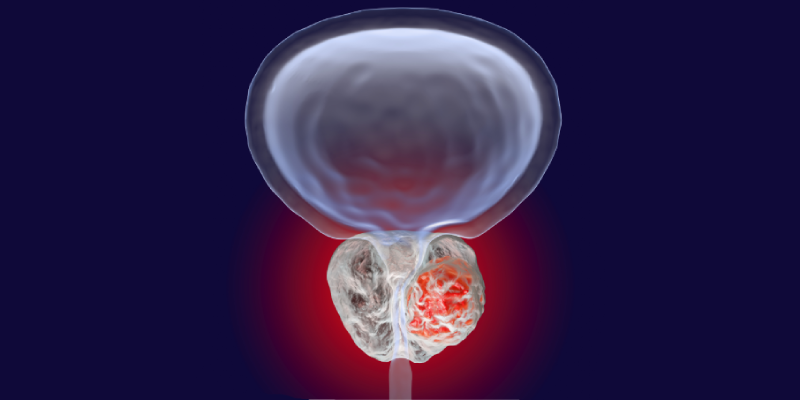
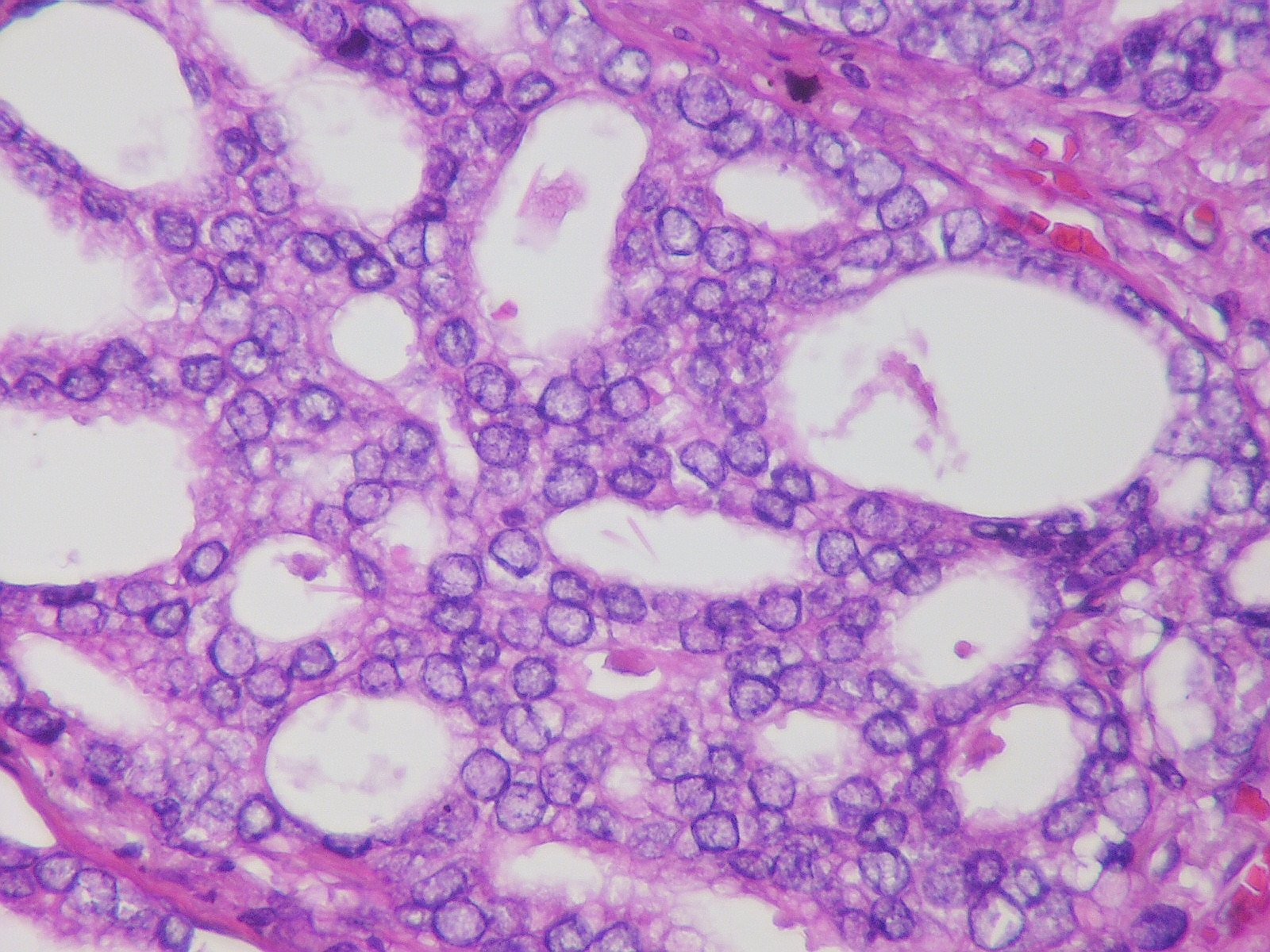




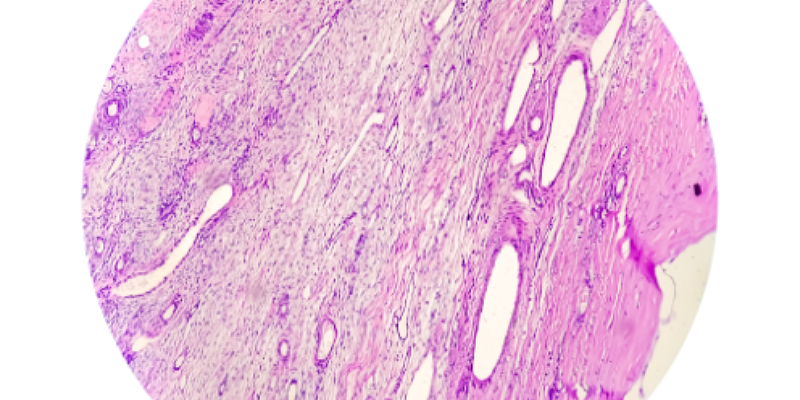
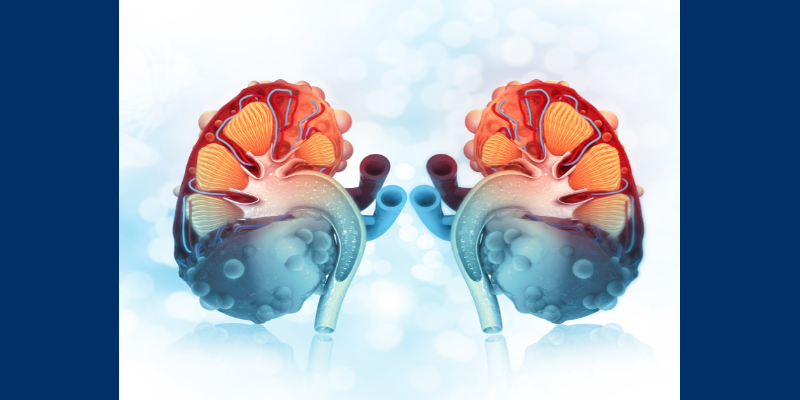



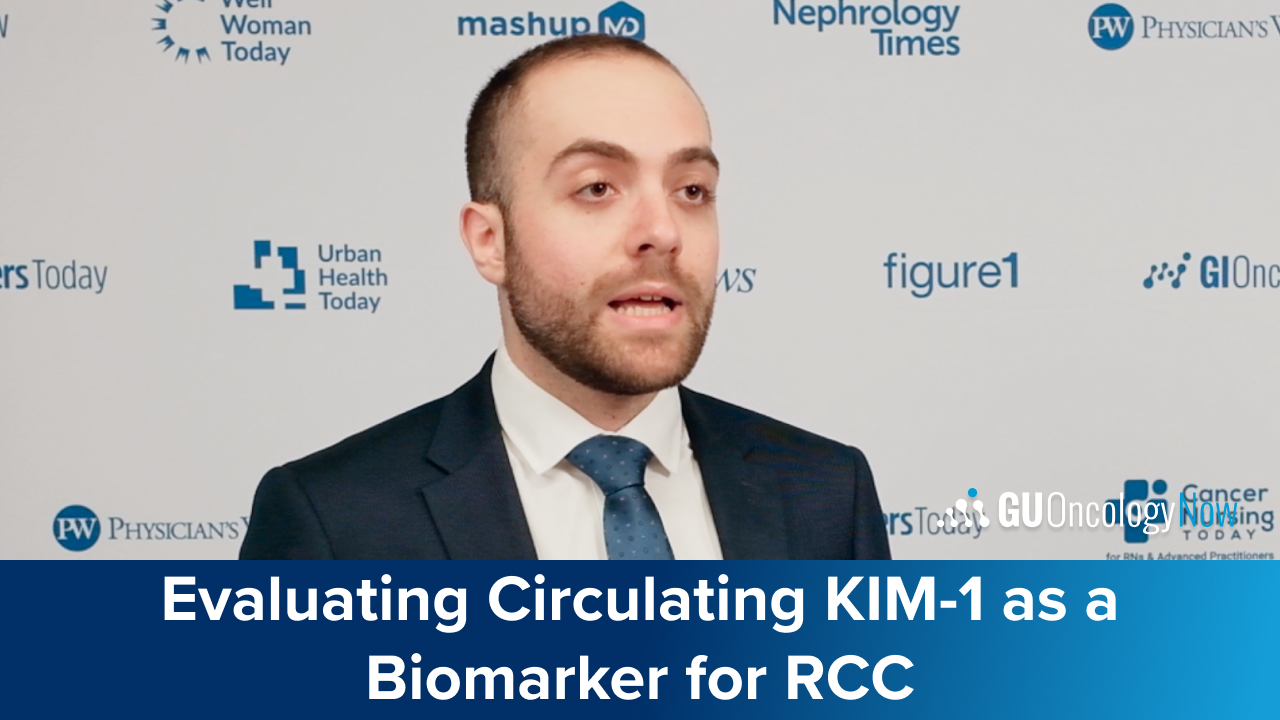

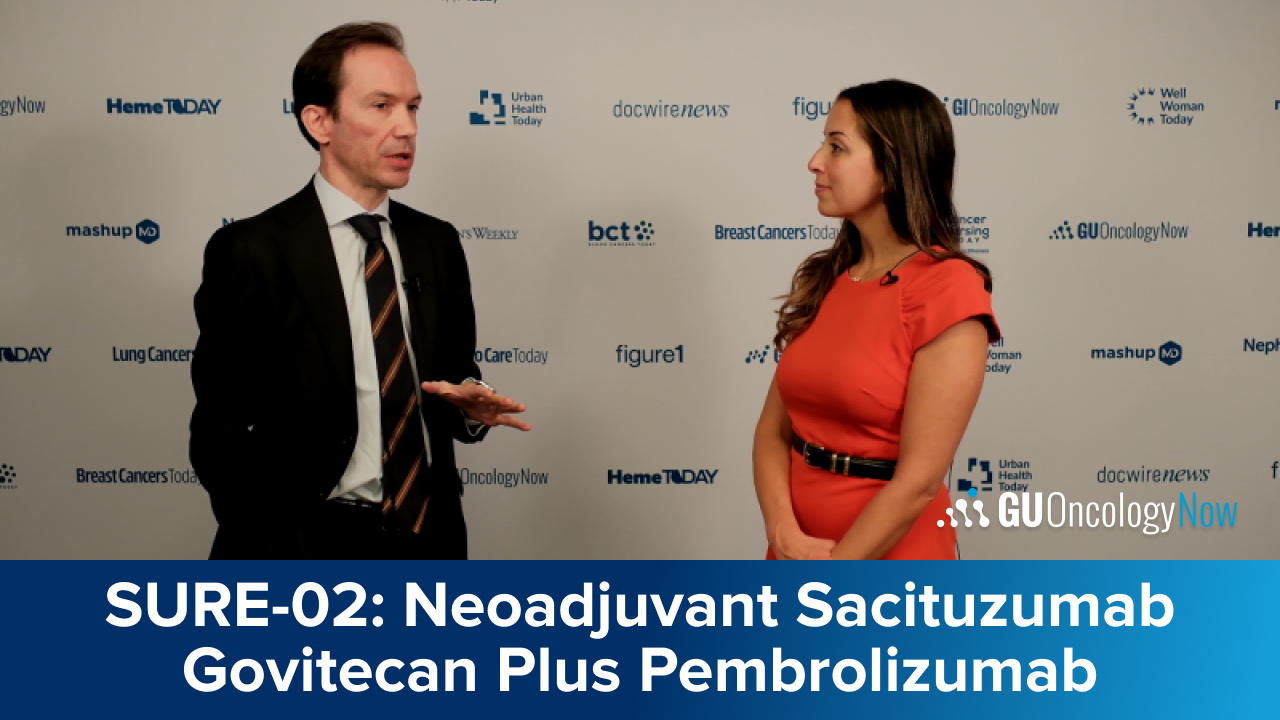

 © 2025 Mashup Media, LLC, a Formedics Property. All Rights Reserved.
© 2025 Mashup Media, LLC, a Formedics Property. All Rights Reserved.